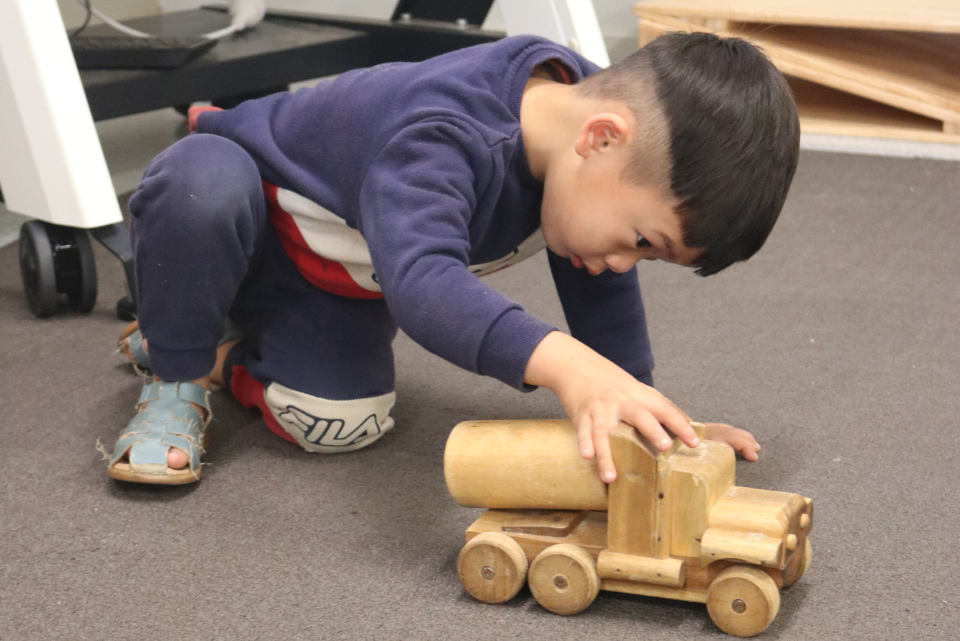A child’s readiness and ability to learn is highly impacted by their brain. The limbic system (our primal brain) assesses what is within our surroundings to determine whether it’s safe and secure. Once this has been confirmed the brain will then function fully.
The limbic system also processes a seat of emotions which is then demonstrated in how the child reacts to that environment. This is all depicted in the child’s prior experiences and the current situation occurring in front of them.
You could look at the limbic system as the “light switch” for their learning.
The emotions that the child is experiencing during these critical times of learning can either support or disrupt their learning journey. Since children are wired emotionally to play, environments that discourage self-initiated play can disrupt their desire to learn.
It is critical that children create connections and relationships within the classroom or in their environments, as these connections play a critical role.
- Children need play for social connection.
- Social connection simulates motivation.
- Motivation drives interest.
- Interest builds executive functioning of the brain.
- Executive functioning sets the child up for success in their learning.
“The Limbic system is also like a WIFI signal that broadcasts out and receives signals from other people”.
All these factors play a huge role in a child’s preparation for learning. Encouraging children to play and not disrupting their learning is critical at home and in their early learning environments. We know that the foundations created in the early years of learning, play a huge role as children get older.
At Sparrow Early Learning we use a play-based learning framework to develop learning programs responsive to children’s ideas, interests, strengths, and abilities.
To discover a Sparrow Early Learning near you, visit https://www.sparrow.edu.au/
